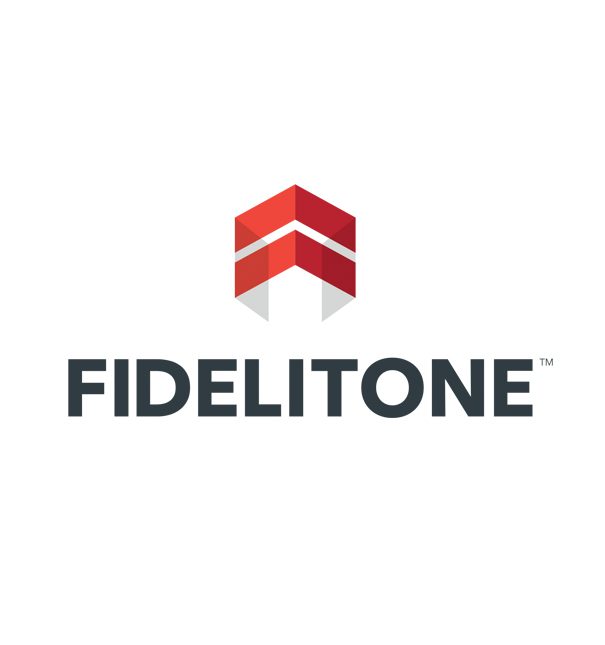Dianne Ray remembers when the old Southern Home Furnishings Association offered a popular benefit that members could provide for their employees: medical insurance.
That was in the 1950s, ’60s and ’70s – before health care became more complicated and less affordable.
“I have always been keenly interested in getting back to something like that,” Ray said.
Ray’s business, Garden City Furniture in Murrells Inlet, S.C., now belongs to the Home Furnishings Association. And she is soon going to see a new version of that same benefit: an Association Health Plan.
The Association is working with longtime insurance partner Arthur J. Gallagher and online benefits broker Decisely to collectively source benefits, such as medical, dental and vision coverage, to its members.
“The HFA is very pleased about the opportunity to participate in an Association Health Plan,” CEO Sharron Bradley said.
“Many of our members have told us that this is a critical need for their businesses. We are excited to partner with Arthur J. Gallagher and Decisely to create this important program.”
“Decisely is a trusted partner of Gallagher,” according to Andy McMillan, senior vice president for benefits and human resources consulting at Arthur J. Gallagher. “Decisely has been helping organizations like the Home Furnishings Association set up and implement association health plans better than anybody I’ve ever seen.”
Good plans at affordable rates
Association Health Plans address a problem confronting many furniture retailers and small- and medium-sized businesses in general: how to provide health benefits for their employees at stable, predictable and affordable costs.
Garden City Furniture offers a health-care plan through Blue Cross Blue Shield of South Carolina, Ray said, “but not many of our employees are willing to come on board because of the expense.”
Larry Chertok, owner of HFA member Chertok’s Furniture & Mattress in Coatesville, Pa., gives health coverage as a benefit to employees, whom he thinks of as family.
“We take care of our family and their families,” he said.
It’s also a heavy but necessary business expense, in his view. “Health care is a big ticket, a hit that we can take to retain employees,” he said.
Chertok doesn’t want to offer cheaper plans that skimp on coverage or require high deductibles and large co-payments. Rather, he’s looking for a quality plan that costs less – like a $549 sofa that sells for $499. After all, he and his family will have the same coverage that he wants to make available to his employees and their families, he said.
Karen Kohlman worries about her younger employees. Her business, HFA member West Harvard Furniture & Mattress in Roseburg, Ore., offers medical insurance for its workers but only pays half the cost. “That’s not much, and it’s very expensive,” she said. So, her younger employees, thinking they don’t need insurance, don’t participate. Kohlman fears a health crisis or accident could leave them with huge medical bills.
She wants to do better for them. “It’s one of those things I believe in,” she said. She also offers a 401(k) plan, “but for a small business it’s really difficult to cover both avenues.”
Keep your employees healthier
Costs for plans available to small businesses are often high and can rise sharply, especially if any individuals experience a crisis – when insurance is needed most.
But not offering medical benefits comes with consequences: Employees who lack coverage may not have access to preventative care or wellness programs; they’ll be less healthy, less productive and more likely to miss time at work; or they may seek employment somewhere else. Health insurance is a key benefit that often determines where people choose to work.
The obvious solution is to allow small businesses, like many independent furniture retailers, to band together and seek medical coverage under a single plan. In other words, to become a big business for insurance purposes.
That option wasn’t available until recently. Responding to an executive order issued by President Donald Trump, the U.S. Department of Labor expanded access to affordable health coverage options for small businesses and their employees through Association Health Plans.
These plans work by allowing small businesses, including self-employed workers, to join together by geography or industry to obtain medical coverage as if they were a single large employer. This strengthens their negotiating power with providers to form larger risk pools and achieve greater economies of scale. They hold down and stabilize costs and make it feasible for business owners to purchase affordable coverage for themselves, their families and their employees.
Like plans available to large corporations, AHPs must include important protections, according to the Department of Labor. They may not charge higher premiums or deny coverage to people because of pre-existing conditions or cancel coverage because an employee becomes ill. They can’t charge different premiums to employees based on their health status. They can’t charge employers different rates based on the health status of their employees. They are still subject to shared oversight and enforcement by state and federal governments.
Collective sourcing can deliver savings ranging from 10 percent to 30 percent compared to individual small-employer plans, often with better and broader benefits, according to Decisely.
HFA members want this option
So, it was no surprise that a 2019 survey of 55 HFA members of all sizes found that all but two said they were “interested” or “extremely interested” in collective sourcing for health insurance. Of respondents who did not currently offer medical coverage, cost and complexity were cited most often as the reason.
The initiative springs from “an engaged and very enthusiastic membership that wants this,” McMillan said. Decisely is the perfect partner because of its ability to secure the right plan for HFA members and provide an easy-to-use online enrollment platform. Decisely is also experienced in dealing with the “legal minutiae” involved, McMillan added.
For the next step, Decisely is conducting a follow-up survey of HFA members. The purpose is to collect data that will help underwriters determine coverage, rates and other plan-specific information. The survey won’t seek any health-related information. Greater participation will help secure better terms.
Kohlman is hopeful. “The more you can offer your employees – health, dental, vision – it would be just phenomenal,” she said.
Ray calls it great news. “You want to have benefits for your employees,” she said. “I think it attracts employees, and possibly it helps retain them. I would think it would.”
The program is expected to begin in several states this spring. For more information, contact an HFA member specialist at 800-422-3778.
This article first appeared in the HFA Insights Magazine. To subscribe to the HFA Insights Magazine, click here.











